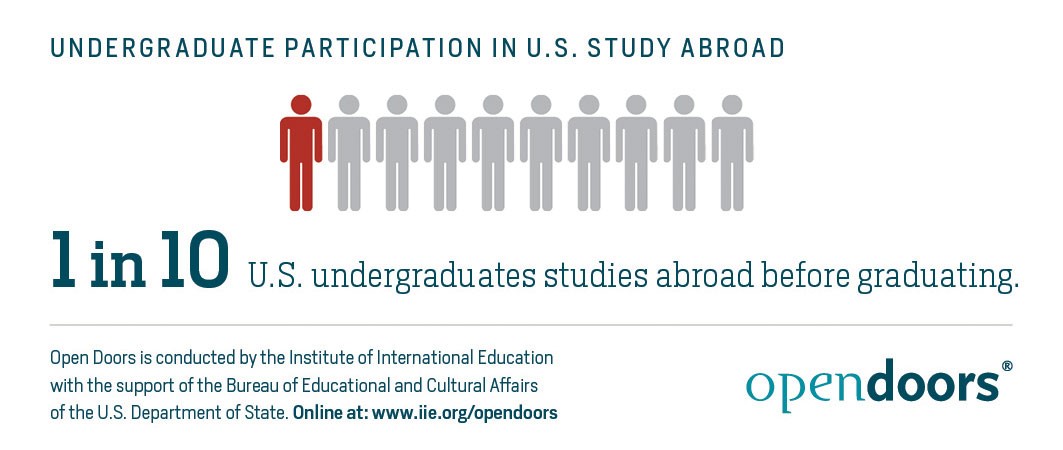|
||||||||||||||||||||||||||||||||||||||||||||||||||||||||
|
Safety
Upper Iowa University works closely with national
organizations and partners abroad to ensure that students, staff, and faculty
are aware and prepared for situations domestically and internationally. Tips to Keep Safe
Upper Iowa Policies When selecting a location for a group or individual to attend, the location is evaluated to ensure it is deemed safe by the U.S. Department of State. This is done by identifying the level that is placed on the country. There are four levels of travel advisories the U.S. Department of State has set. Upper Iowa will not approve travel to a country that a level four has been applied to, unless an exemption has been made after an appeal process has been completed. More information can be found at https://travel.state.gov/content/travel/en/international-travel/before-you-go/about-our-new-products.html and https://travelmaps.state.gov/TSGMap/?extent=-0.879381859,47.401628436,20.397707357,54.42135931.
International Insurance is required
for all students, staff, and faculty who are traveling through Upper Iowa University.
We work closely with Cultural Insurance Services International (CISI) to ensure
that the coverage and services meet the safety needs. All students, faculty, and staff are
registered for the STEP alert program. As the information provided when
registering might not be the preferred contact information, it is also
recommended that each individually independently registers for STEP. When abroad, the Education Abroad
Office monitors situations in areas of relevance to those that are abroad. If
something was to occur, the office will reach out to the participant abroad.
The participant should also try to reach the Education Abroad office on the emergency
line 563-419-8885 in order to relay their current situation. Emergency contacts
might also be contacted with a message that has updates about both the
situation that is occurring and the participant’s status.
Resources U.S. Department of State’s Alerts
& Warnings https://travel.state.gov/content/passports/en/alertswarnings.html
This website defines what the difference between a travel warning and travel alert is. It also allows travelers to search their destination to see if an alert or warning is placed on the country of travel. If there is, an explanation of the reasoning is available. Center for Disease Control (CDC) https://wwwnc.cdc.gov/travel/destinations/list/ Suggested vaccinations and medicines are given specific to each location. A key is also available that describes what activities and safe behavior can be practiced in order to reduce the risk. Sign up for the U.S. Department of
State’s Smart Traveler Enrollment Program This is a free program that allows those that sign up to receive updated information about the country that you are traveling in. This service can also be helpful if a passport needs to be replaced. U.S. Department of State’s Bureau of
Diplomatic Security (OSAC) https://www.osac.gov/Pages/ContentReports.aspx Reports are shared about any events, security information, or changes. These can be read and filtered by location. Culture Grams https://online.culturegrams.com/world/index.php
These are a great resource if you
are looking to gain a broad viewpoint of a country. They are free to print,
view, or email, and include topics such as history, religion, customs,
lifestyle, and holidays.
Contact Coordinator for Education Abroad Phone: 563-425-5831 After hours Phone: 563-419-8885 Email: educationabroad@uiu.edu
The after hours contact for students
involved in an Education Abroad program is 563-425-8885. If it is an emergency
that requires immediate attention, please first notify the local emergency
services prior to contacting the Education Abroad emergency number.
|
|||||||||||||||||||||||||||||||||||||||||||||||||||||||
|
||||||||||||||||||||||||||||||||||||||||||||||||||||||||
